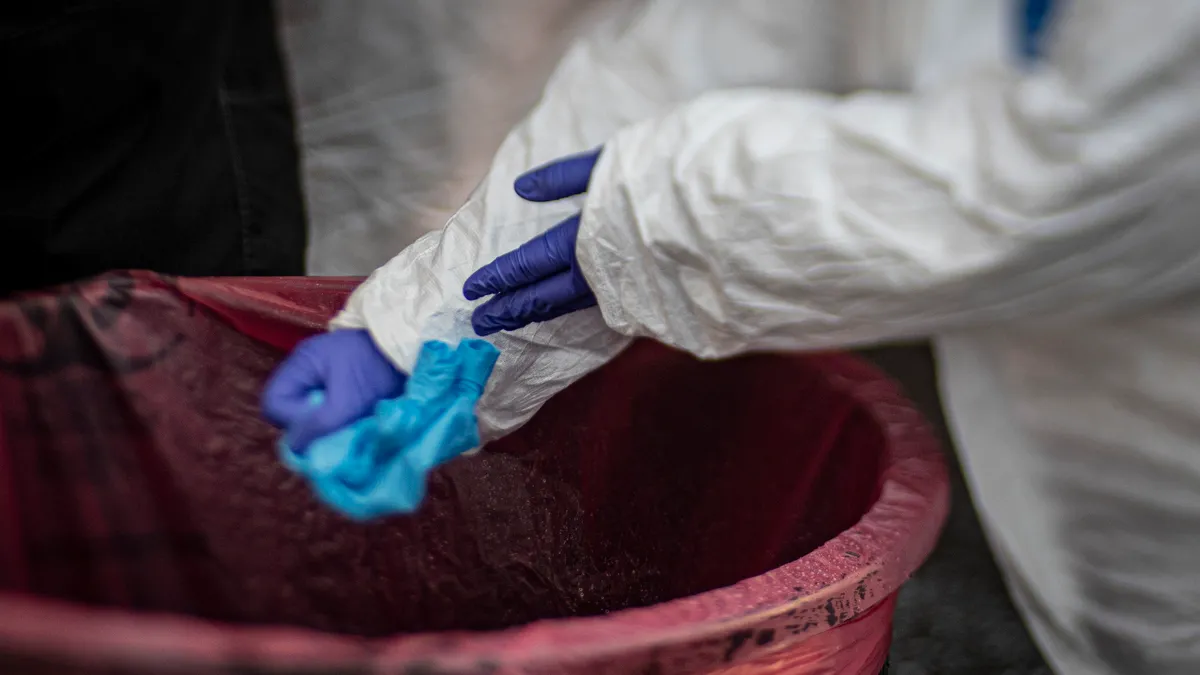Dive Brief:
- CMS on Tuesday released guidelines for health facilities to resume nonemergency services in states ready to begin the second phase of reopening under the Trump administration's general guidance.
- Major surgeries should still be limited as much as clinically possible among higher risk patients, according to the guidance. It suggests facilities should be prepared to screen all visitors and staff for symptoms, provide masks to patients, family members and caregivers who don't have one and establish separate areas for non-COVID-19 care.
- The document promotes continued use of telemedicine as much as possible and states facilities should maintain the necessary space, equipment and workforce in case of a surge of COVID-19 patients.
Dive Insight:
Medical device manufacturers and hospitals alike have taken major financial hits from the halt of elective procedures, which began in most places toward the end of March. Many health systems have restarted nonemergency care, a big revenue driver.
But facilities face numerous hurdles as they do so. Patients may still be worried about infection and continue to put off care. Also, job losses related to the pandemic have mounted, leaving some without health coverage or the ability to afford care.
And hospitals must ensure they are able to handle future waves from the novel coronavirus, especially as more than a dozen states have reported continued increases in recorded cases as they still push to reopen.
Facilities in those areas have started to raise concerns about capacity. Banner Health in Arizona said late last week it might have to activate its surge plan with rapidly increasing hospitalizations, along with hikes in the use of ICU beds and ventilators.
Locations can enter the second phase of the reopening guidelines from the White House when they have met the gating criteria involving two weeks of declining symptom reports and case counts for a second time, although multiple states have moved forward with reopening despite not meeting the criteria.
Health officials have noted that while concerns about capacity in COVID-19 hotspots are real, patients do need to get care that is not classified as an emergency.
CMS Administrator Seema Verma nodded to that idea in a statement Tuesday. "Americans need their healthcare and our healthcare heroes are working overtime to deliver it safely," she said. "Those needing operations, vaccinations, procedures, preventive care, or evaluation for chronic conditions should feel confident seeking in-person care when recommended by their provider."















